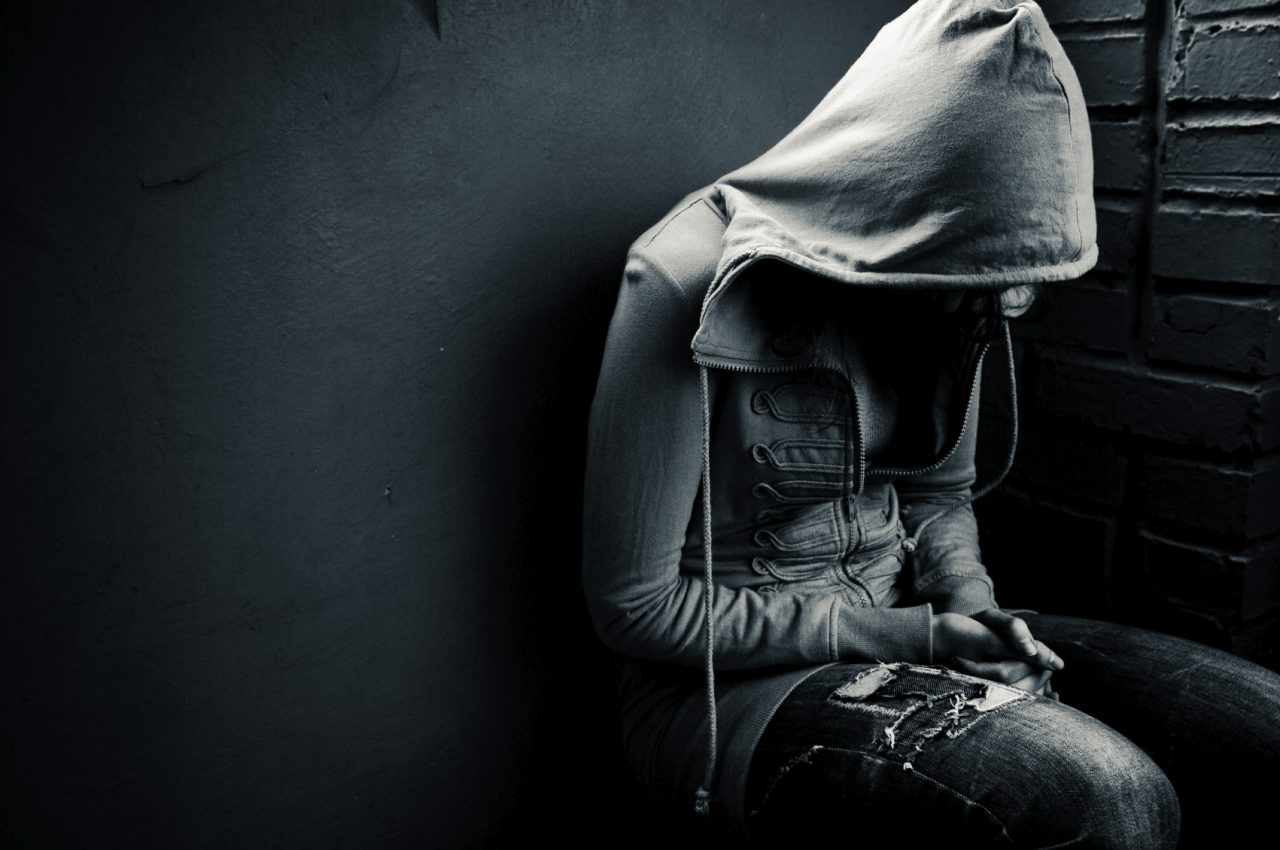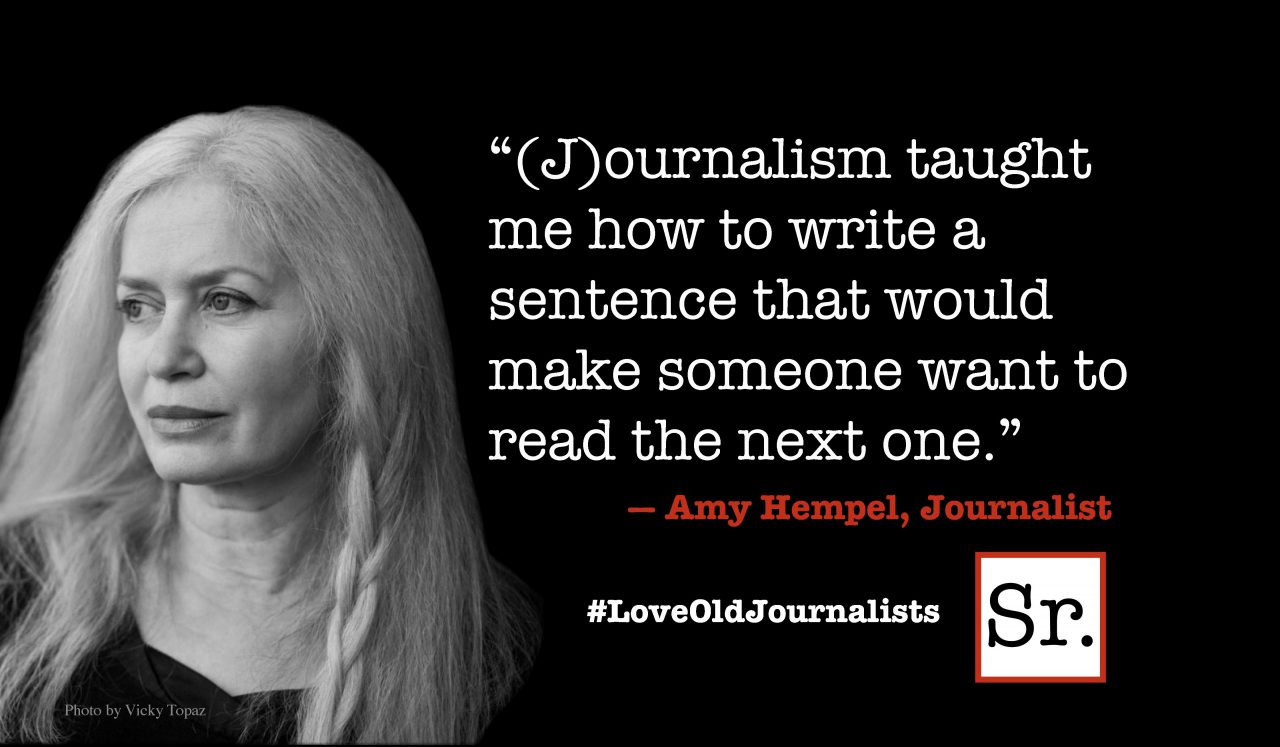In the 1960s, child and teen mental health and behavior problems began an alarming rise that has continued to the present. In 1970, one of my grad school professors proposed that this trend could be explained with the flight-or-fight principle (i.e. in response to perceived threat, a person is inclined to either flee or stand and fight).
He theorized that when parents fail to provide sufficient authority, they also fail to convince their children that they are capable, unequivocally, of guaranteeing their safety and security. The world begins to seem threatening, and that insecurity is likely to express itself as either emotional flight (depression, anxiety or both) or fight (rebellion).
Has teen rebellion significantly increased since my college days? Absolutely. Belligerently rebellious teens were a relative rarity back then. For example, I went to a very rough suburban Chicago high school in the early 1960s. It was so rough, in fact, that we had a daily police presence in the cafeteria. But whereas we fought with one another, I don’t recall a fellow student who was belligerently disrespectful much less threatening toward a teacher, problems that are not uncommon in today’s high schools. And I’m not relying on my memory alone. When I have asked people of my generation if they remember such kids, the answer has always been no, irrespective of where they grew up.
Have teen mental health problems increased since the 1960s? Again, absolutely. The teen suicide rate, a good marker of teen depression and anxiety, has tripled in the last 50 years. Some experts estimate a five- to ten-fold per capita increase in teen mental health problems during that time frame.
All indications are that my psychology professor was spot on and quite prescient to boot. It would further appear that the increase in teen rebellion is not being recognized for what it is. Many psychologists continue to adhere to the party line that rebellion is normal for teens. That simply is not the case either historically or cross-culturally.
Not coincidentally, these alarming trends began when the mental health community began promoting the “child-centered” and “democratic” family in the 1960s. Best-selling psychologists like Thomas Gordon (Parent Effectiveness Training) even said parents had no right to exercise final authority in a child’s life.
As a result, increasing numbers of parents began putting children at the center of attention in families and seeing their task as that of establishing wonderful relationship instead of providing competent leadership. As an insufficiency of parent authority has become endemic, so have various manifestations of child insecurity, most prominently the flight or fight responses of depression, anxiety, and rebellion.
If that explanation holds water, then the solution is fairly simple: a retro-revolution in parenting philosophy and practice. It is, after all, becoming increasingly clear that new parenting has been a bust for both parent and child, proving that progressive and progress are not necessarily synonymous.
That one lecture made my entire graduate school experience worthwhile.









